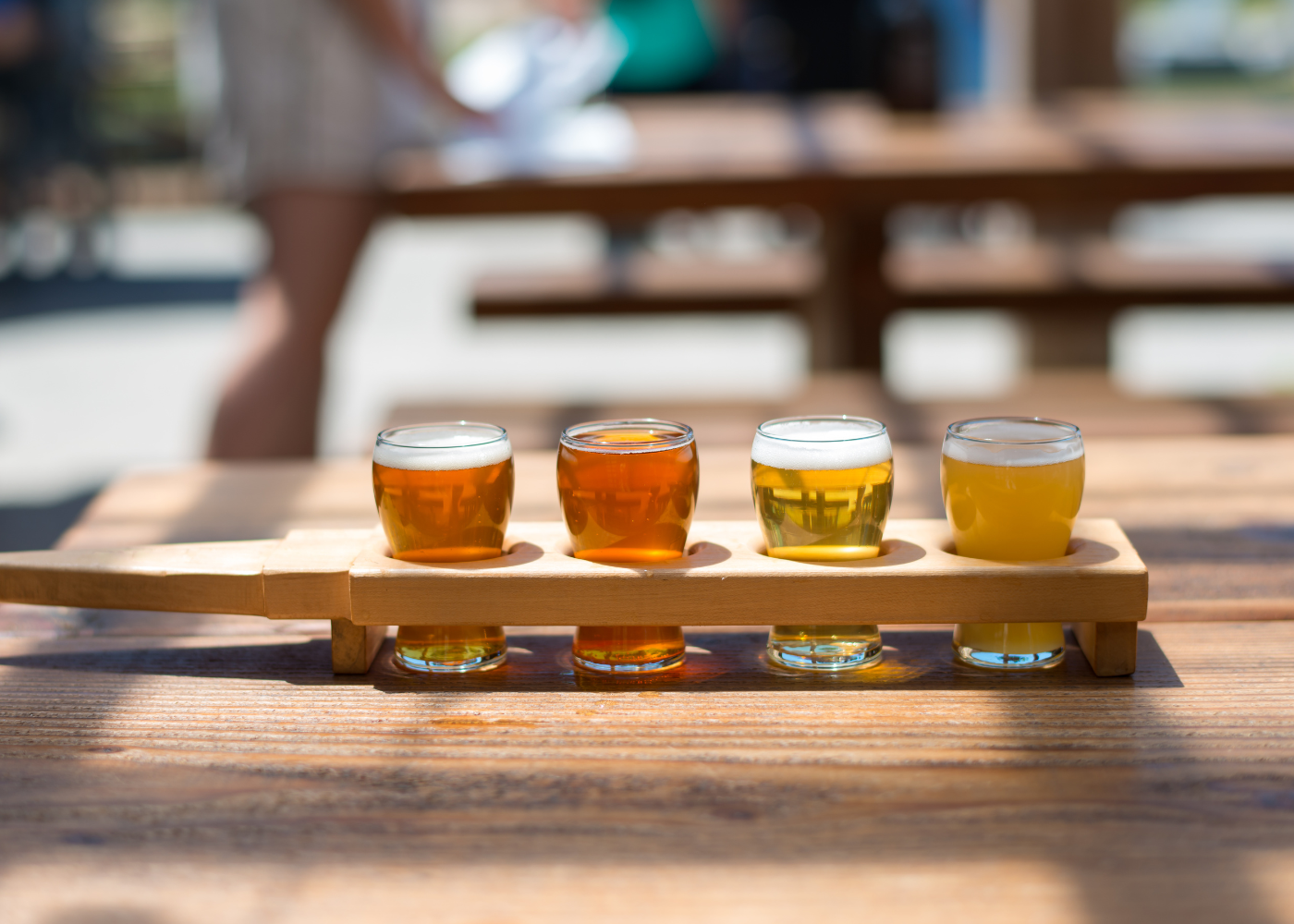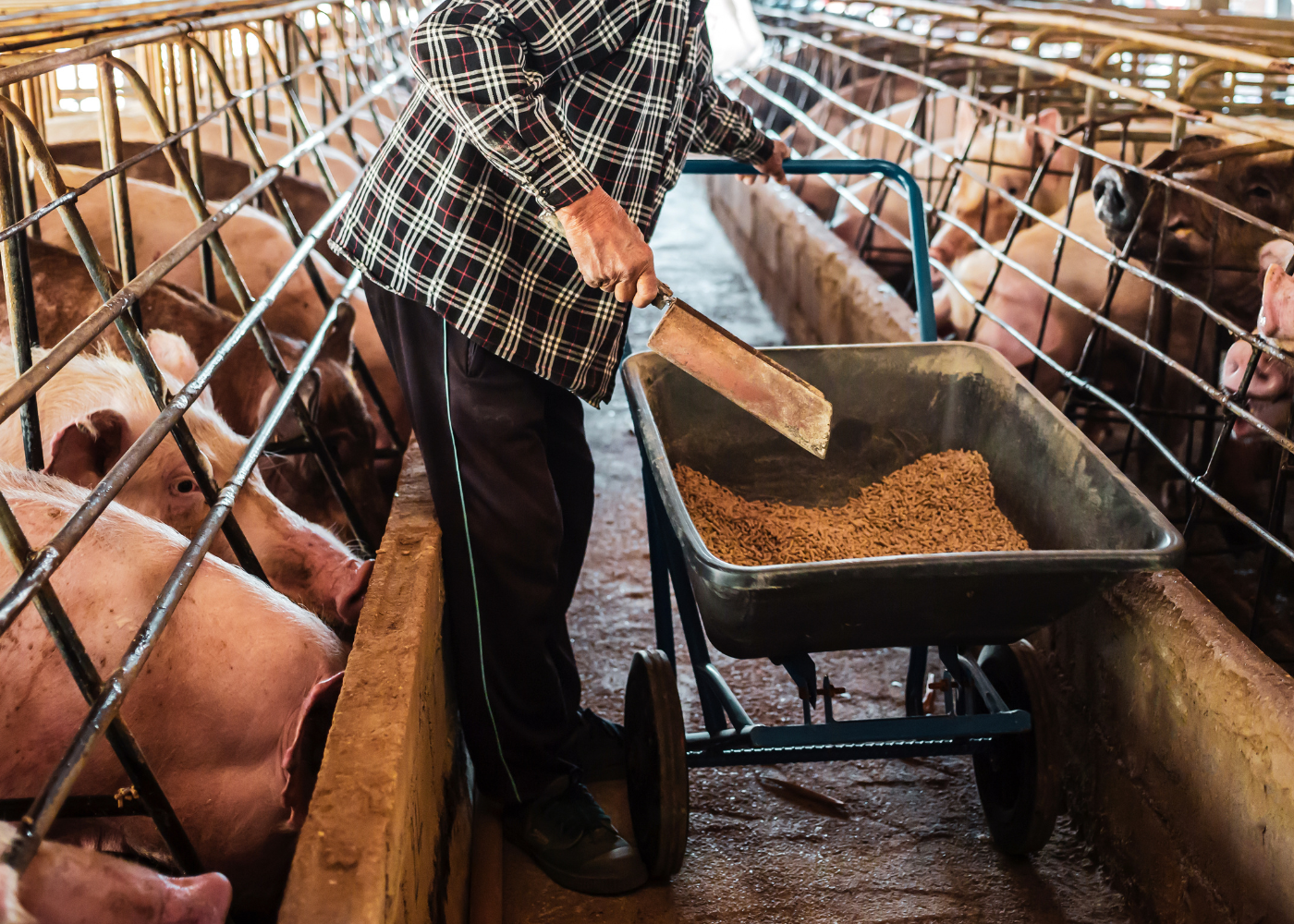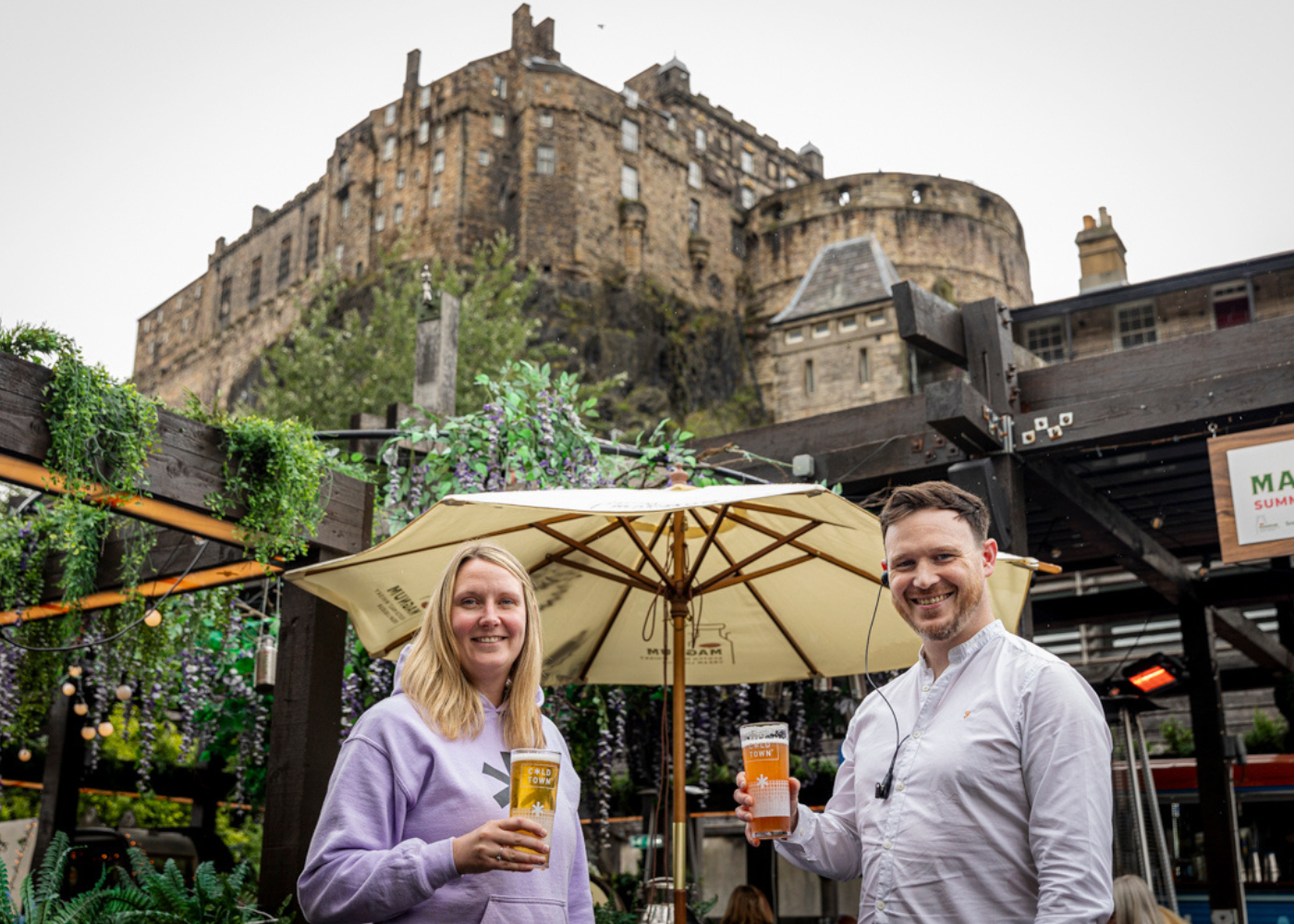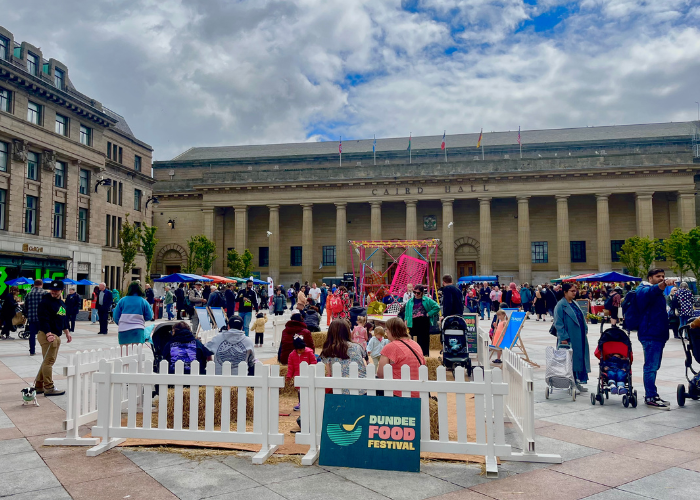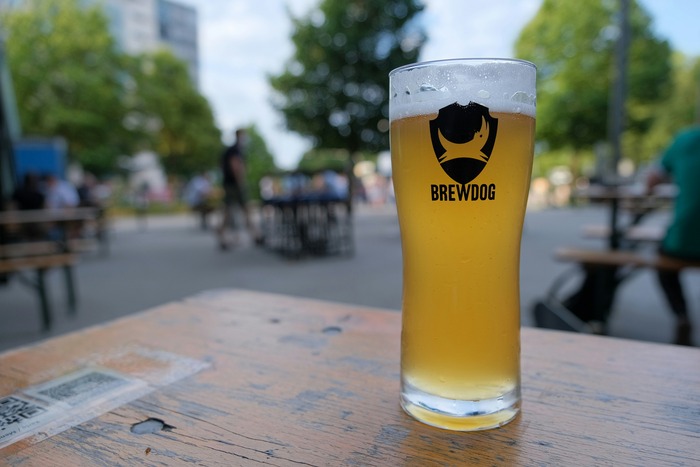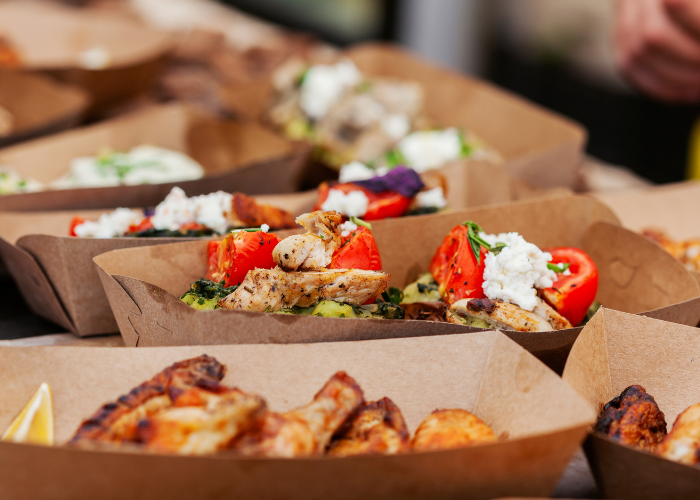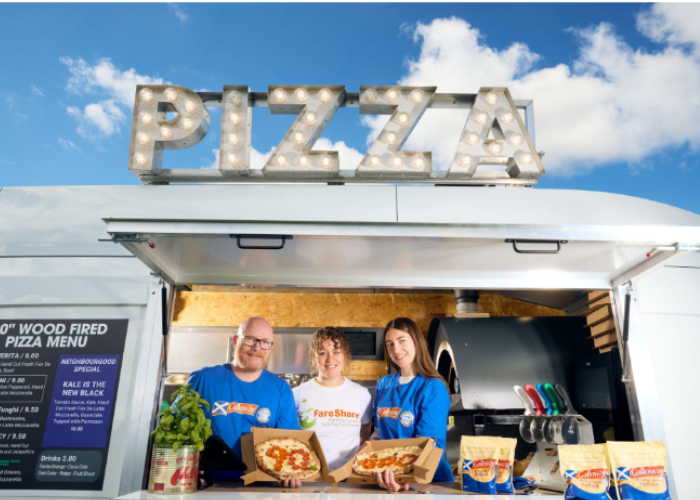By Andrew Niven, Strategic Market Intelligence Manager, The Knowledge Bank
OVER the past two years, we have seen rapid acceleration and developments in technology, driven in large part by Covid-19 and new ways of working. The retail sector has seen clear evidence of this with online sales increasing by 500% from March to May 2020 as a direct result of the pandemic trend to avoid shopping in person. While most consumers have returned to their pre-pandemic shopping habits, the rapid rise of technology has had a lasting impact on the food and drinks sector.
Although it might feel like we’re already living at a peak digital level, countless technological advancements are happening right now that have the potential to drastically impact our industry. Below is a small sample of the ways technology is changing the food and drink sector.
- 3D printing allergy-friendly alternatives
Sushi Singularity, a restaurant set to open in Tokyo, will use 3D printing to create a meal that addresses diners’ specific nutritional needs based on biometric data. Netherlands-based Upprinting takes food that would otherwise be wasted and turns them into biscuits. For people looking to try 3D-printed food closer to home, the Israeli-based company Redefine Meat supplies vegan, 3D-printed beef to restaurants including Marco Pierre White restaurants in the UK.
Subscribe to our daily newsletter
Why? Free to subscribe, no paywall, daily business news digest.
It’s clear that 3D-printed food can have a lot of applications – from encouraging consumption of more varied nutrients to reducing food waste or our carbon footprint.
- Digitising smell
Smell is an incredibly important sense when it comes to eating – it affects how we taste, and our overall enjoyment of a meal. But with our increased reliance on digital worlds (and people suffering from Long Covid reporting a loss of this sense), smell has fallen to the background of our experiences.
Enter OW Smell Digital, a tech company trying to digitise the sense of smell for use in metaverse applications. The company uses AI to determine the desired scent output which can then be released alongside a video, for example. The potential for this technology is endless, from helping people with little or no sense of smell get more enjoyment out of their food, to adding scent to online ordering to further entice customers.
- Crypto food halls
Food halls have always been a popular way for diners to try new dishes, but Cordia Corporation is moving them into the metaverse. The company worked with Peter Klamka, the former owner of Las Vegas restaurant The Blind Pig, to create a crypto food hall; they aim to offer independent restaurateurs an easy and affordable way to access the growing cryptocurrency community.
In the long-term, this is another potential application for digitised scents: with space for 1,000 chefs in the crypto food hall, scent can help them stand out in the crowd.
- Reducing food waste
Diners are increasingly interested in sustainable options, and one way to appeal to them is by showing your restaurant is cutting back on food waste. Wasting food also means wasting the energy and water it took to grow or catch, transport, and package it – not to mention the lost cost of buying it.
Winnow Vision is using AI to calculate the financial and environmental impact of discarded food in a commercial kitchen, so chefs can adjust their food purchasing decisions. Initial trials in Macau saw a 67% reduction in food waste over six months. A positive impact on the environment and your finances is a win-win for any restaurant.
- Robotic agriculture
Robotics experts at the UK-based Manufacturing Technology Centre are using technology to revolutionise agriculture. By combining robotics with automation, artificial intelligence, and advanced vision systems the team has developed an autonomous robot that can inspect crops for ripeness and quality while also identifying diseases and pests. This will cut the amount of chemicals and pesticides used while increasing crop yield, improving quality, and reducing costs.
Other companies have also developed robotic agricultural aids such as Ecorobotix’s autonomous drone that reduces herbicide use by 90% (and cutting costs by 30%) and the Energid Citrus Picking System which can pick a fruit every 2-3 seconds. There’s a huge market for agriculture technology which can not only help farmers with labour but potentially lower costs for consumers in the long run.
There are so many companies developing technologies that will have a massive impact on the food and drink sector that it’s impossible to determine what the sector will look like a few years down the line. Is there anything catching your eye – or anything you look forward to using?





